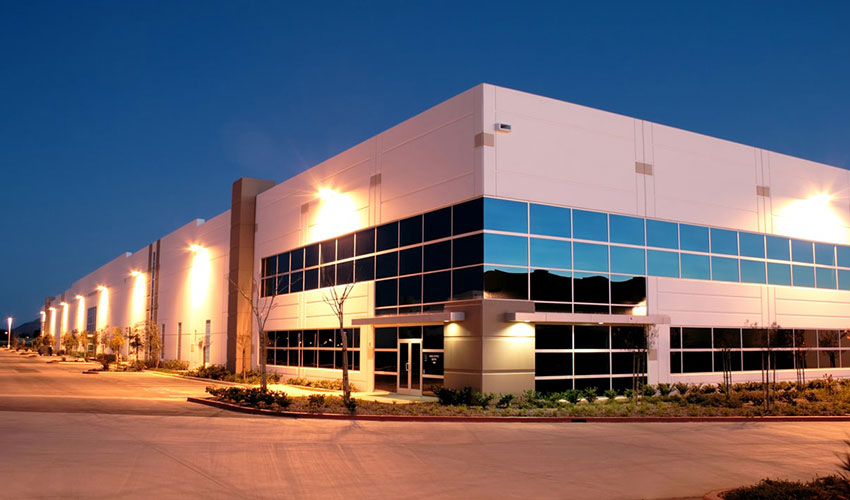These days, there are more art fairs, galleries, dealers, and new collectors than ever before. Add to that the sheer size of many of today’s contemporary works of art, and you’ll see why the demand for art storage facilities has skyrocketed in the past few years. With more facilities cropping up across the country and around the world, how do you select the right one to keep your fine art safe and secure? Here are a few tips to consider:
Make sure the facility specialises in fine art.
While many storage facilities will be happy to store your paintings, sculpture, and other valuable collectibles, not all of them are designed specifically for fine art storage and handling. To ensure that your artwork will come out in the same condition it went in, make sure the storage facility is dedicated to fine art, maintains specific environmental controls and conditions, and has a strong security system, emergency plan in place, and staff that are trained to care for and handle art. You may also want to check out the elevator capacity and loading docks to make sure the facility can handle your specific pieces.
See if your insurance company vetted the facility.
One of the best ways to make sure your art storage facility is high quality is to ask your insurance broker if your carrier approves of or has vetted the facility. Or, if you’re not sure what facility is best, ask your insurance company for referrals or recommendations.
Select a facility with security features and climate controls.
Consider an art storage facility that has fire resistive construction, central station fire and burglar alarms with signal continuity, and is monitored by security cameras 24/7. You’ll also want a facility that has centrally monitored humidity and temperature controls and back-up generators in case the power goes out for any reason. If your collection requires specific environmental controls, ask whether the facility can modify settings in a private storage room.

Ensure that the staff are trained and reliable.
You’ll want to make sure the storage facility has a staff of professional art handlers who know how to handle a variety of media and will treat your collection with care. You may want to make sure the facility has run a background check on each staff member and has a tracking system in place to see when staff members have access to different areas within the facility.
Consider where the facility is located.
Is the building located in an area where it could be exposed to a catastrophic event, such as an earthquake, bushfire, or cyclone? Is it in a coastal location where flooding or storms surges could present issues? If so, do they have proper protections in place to keep your artwork safe, or do they have an evacuation plan in place to move your artwork to a safe location? Even if the facility is not located in a danger zone, make sure artwork is never stored below grade or directly on the ground or floor.
You may also want to consider storing your artwork at more than one facility, to reduce the risk of your overall exposure.
If you need recommendations for safe and secure art storage, contact your insurance broker.
This content is brought to you by Chubb Insurance Australia Limited (“Chubb”) as a convenience to readers and is not intended to constitute advice (professional or otherwise) or recommendations upon which a reader may rely. Any references to insurance cover are general in nature only and may not suit your particular circumstances. Chubb does not take into account your personal objectives, financial situation or needs and any insurance cover referred to is subject to the terms, conditions and exclusions set out in the relevant policy wording. Please obtain and read carefully the relevant insurance policy before deciding to acquire any insurance product. A policy wording can be obtained at www.chubb.com/au, through your broker or by contacting any of the Chubb offices. Chubb makes no warranty or guarantee about the accuracy, completeness, or adequacy of the content. Readers relying on any content do so at their own risk. It is the responsibility of the reader to evaluate the quality and accuracy of the content. Reference in this content (if any) to any specific commercial product, process, or service, and links from this content to other third party websites, do not constitute or imply an endorsement or recommendation by Chubb and shall not be used for advertising or service/product endorsement purposes. ©2020 Chubb Insurance Australia Limited ABN: 23 001 642 020 AFSL: 239687. Chubb®, its logos, and Chubb.Insured.SM are protected trademarks of Chubb.
Tips & Resources
We help you stay ahead and informed with these helpful tips and tricks


